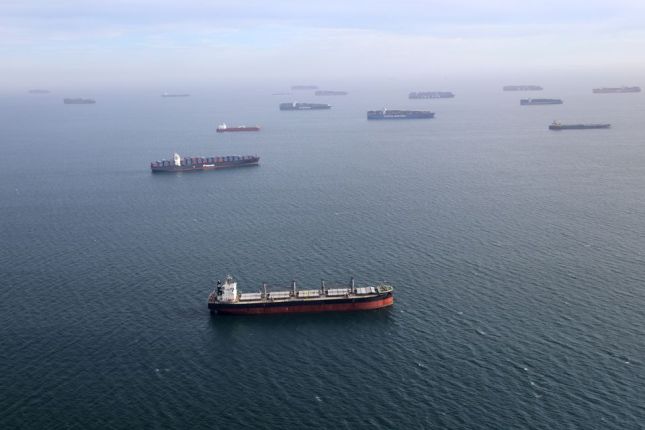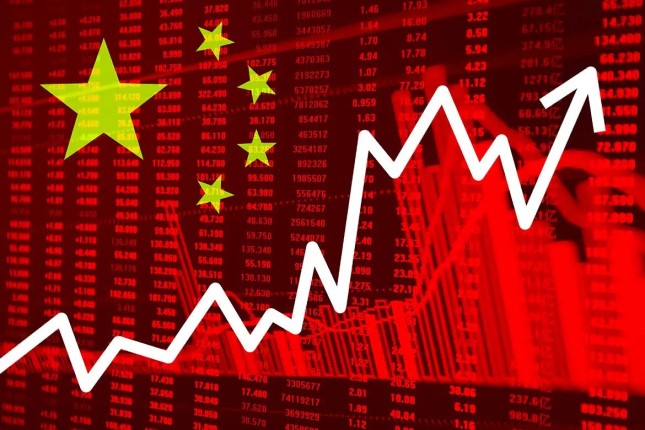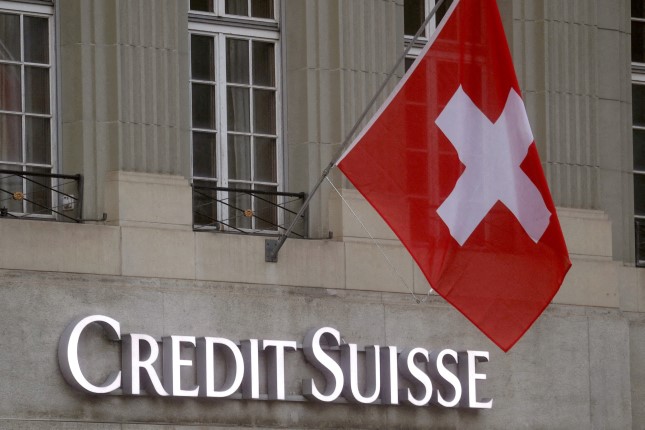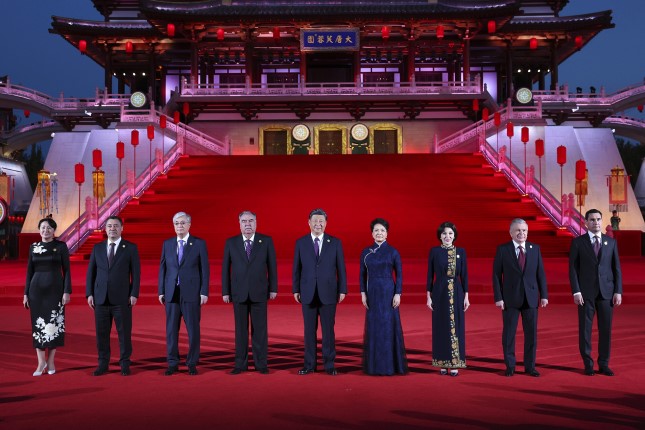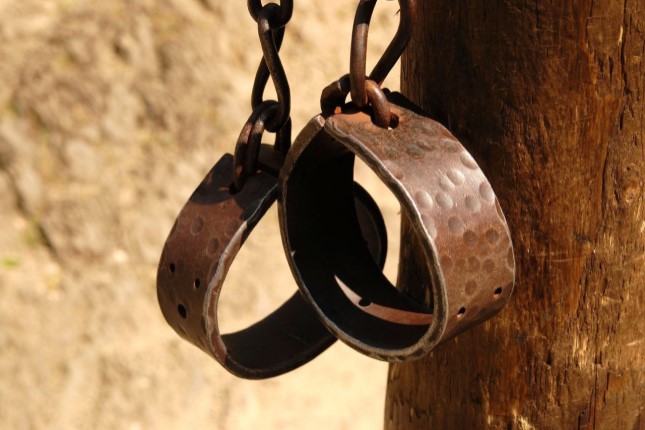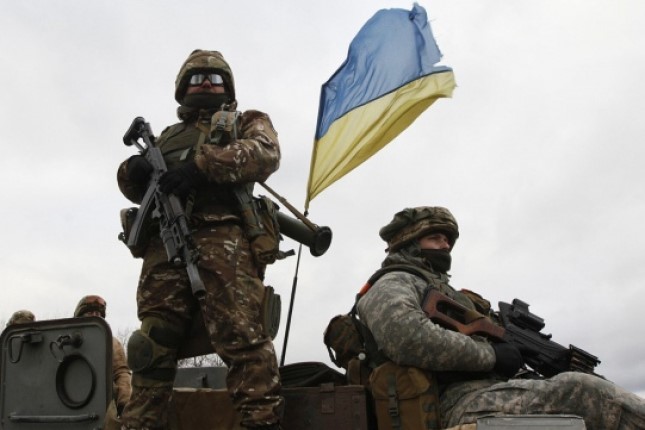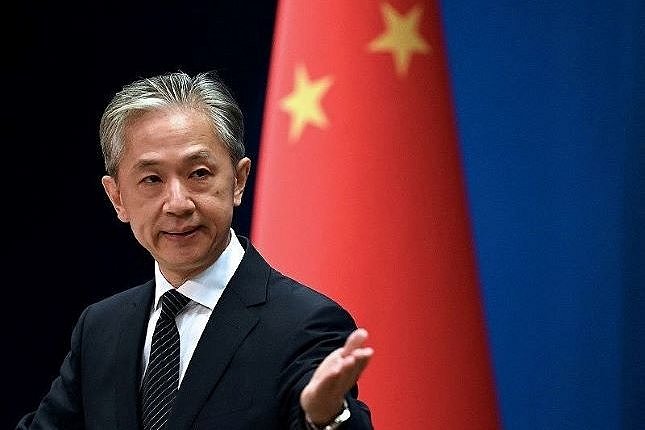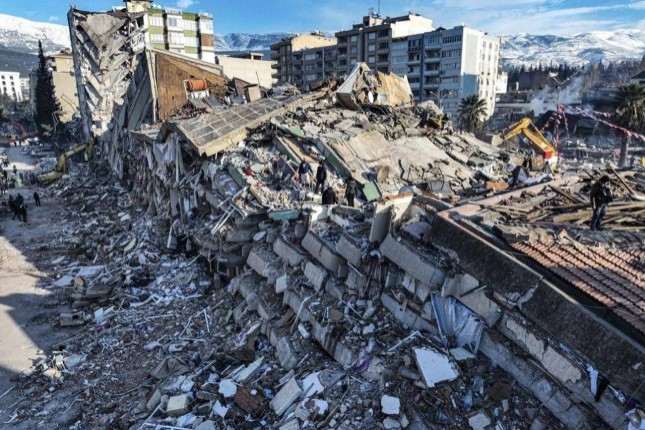The European Union has prepared an emergency package of financial assistance for Ukraine worth EUR 50 billion (USD 55 billion). The aid will be offered in the form of grants, concessional loans and guarantees. The official goal is to enable Ukraine to finance current government expenditures and pay for urgent work related to infrastructure reconstruction.
This aid package is unprecedented in its scale. After all, during the first year of the war, all military, humanitarian and financial aid to Ukraine by the West amounted to USD 140 billion, of which EU institutions provided USD 31.4 billion. And here it is EUR 50 billion in one package. This is a colossal sum for a country whose GDP before the war was USD 200 billion in 2021.
What is remarkable here? The EU agreed on emergency financing just a month after Ukraine and the US BlackRock, the world's largest asset management corporation with a total of USD 8.6 trillion under management (by the end of 2022), signed an agreement on May 8 to create the "Ukraine Development Fund". The declared purpose of this fund is to attract investments into energy, infrastructure and agriculture. However, according to the terms of the deal, BlackRock will manage Ukrainian assets, including international aid funds.
Thus, the EU's EUR 50 billion aid to Ukraine will actually end up in the hands of BlackRock.
Will these funds be used in the interests of Ukrainians and Ukraine? As an answer to this question, a private statement by President Joe Biden about the prospects for a new strategy in the conflict in Ukraine was recently quoted by The American Conservative: "The question of how many more Ukrainians have to die is answered privately by Biden as 'potentially all of them'."
All funds and resources allocated to Ukraine exclusively serve the goals of Western players. And, thanks to the agreement on the creation of the "Development Fund for Ukraine", BlackRock becomes the key operator in the project, which cannot be called other than the "utilization of Ukraine."
Mega Cleaner
Over the past fifteen years, BlackRock has become the West's main operator of troubled assets.
After the 2008 financial crisis, the US Federal Reserve engaged BlackRock in an operation to clear the toxic mortgage-backed securities of investment bank Bear Stearns and insurance giant American International Group. At the same time, BlackRock absorbed Barclays Global Investors, which almost overnight turned it into the world's largest asset manager.
During the Covid-19 pandemic, the Fed engaged BlackRock as an operator to buy (on behalf of the central bank) corporate bonds and debt ETFs, as well as buy commercial mortgage-backed securities from quasi-government agencies such as Fannie Mae and Freddie Mac. As part of the anti-crisis quantitative easing program, this direction was estimated at USD 750 billion.
Today, BlackRock continues to play the role of the actual manager on behalf of the state in many important financial matters. In addition to remaining directly involved in the management of the Fed, this spring BlackRock was hired by the US Federal Deposit Insurance Corporation (FDIC) to sell portfolios of securities that fell into receivership after the collapse of Signature Bank and Silicon Valley Bank. The nominal value of the two portfolios is about USD 27 billion and USD 87 billion, respectively.
Against this background, the arrival of BlackRock in Ukraine does not promise anything good for this country.
The appearance of this financial giant clearly indicates that Ukraine is seen in the West as a "portfolio" of troubled assets, but not as a country with a future. BlackRock acts as a guarantor of property rights after the war's end for possible buyers of Ukrainian assets.
That such a guarantor will be needed is becoming increasingly evident against the backdrop of an unsuccessful, widely announced counteroffensive by the Ukrainian Armed Forces. Military failures are highly likely to lead to a political crisis in a country whose infrastructure was severely damaged during the war and from which more than 8 million people have fled to other countries and about 8 million more are internal refugees.
Money and War
The story of BlackRock's incredible rise reflects a general trend toward the growing influence of private structures, when public institutions weaken and give more and more power to private entities. This is clearly seen in the asset management industry, where the three companies BlackRock, Vanguard and State Street (the "big three") own about 80% of all index funds, and the total value of their assets (about USD 20 trillion) exceeds half the capitalization of the S&P 500 Index (USD 37 trillion).
Another obvious indication of this trend was the growing influence of private military companies. This process began with the US invasion of Iraq in 2003, where many tasks after the acute phase of the conflict were transferred to PMCs. And it was especially evident during the war in Ukraine.
Money and warfare are the two basic functions of the state. And in both spheres, we see today how in the most difficult issues and situations, even the strongest states in the world are forced to turn to the services of private contractors. And the weaker states even become pawns in a big game of private interests. This is clearly seen today in the case of Ukraine.


